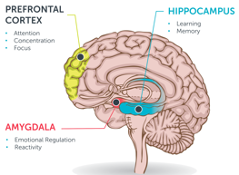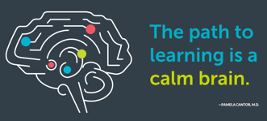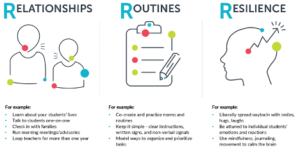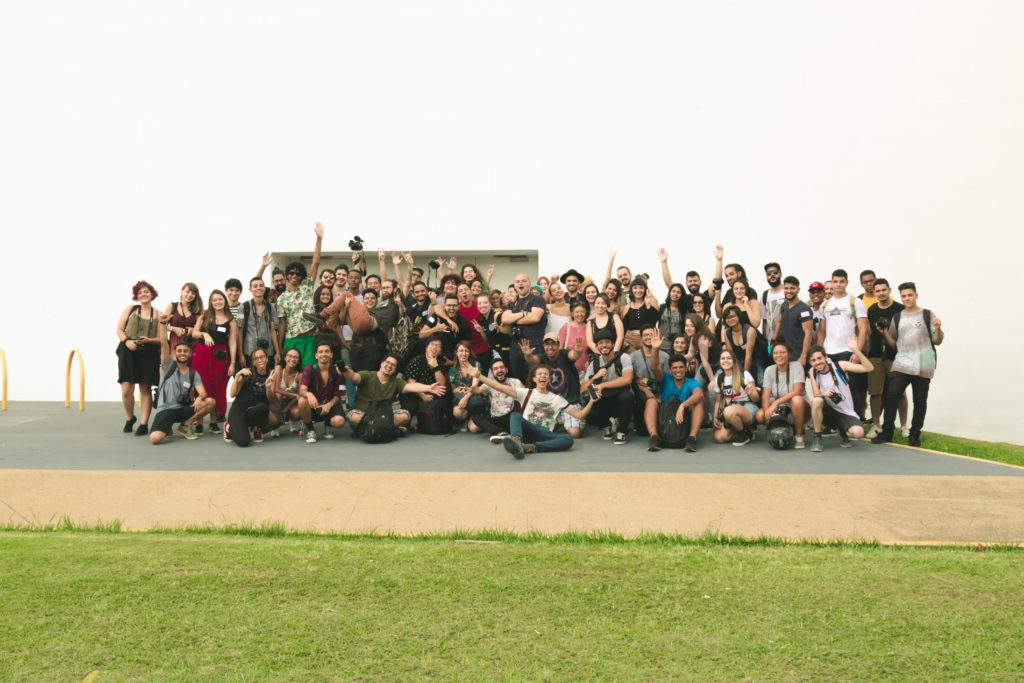In a recent principal training, a participant raised his hand and asked a question I have heard too often: “How can I afford to invest in SEL (social-emotional learning) when my students have fallen so far behind?”

It is no exaggeration to say this spring has been horrible. The pandemic abruptly disrupted all aspects of our lives, leaving most of us isolated, frustrated, and impatient – and some of us lonely, depressed, and even unsafe. Then the murder of George Floyd once again poured salt into the racial wounds that this country tries so unsuccessfully to hide. Our families are yet again reminded how scary it is to raise a black man in America and how blind our institutions and leaders are to the long-lived, uncompensated oppression of peoples of color. The sound of birds – one silver lining of the pandemic – has been replaced by the whir of helicopters and screech of sirens in my Oakland neighborhood.
Against this backdrop, are we really expecting kids to come to summer school and settle down to the three Rs of reading, writing, and arithmetic? Science responds with a resounding no. I know this because the organization I work for, Turnaround for Children, takes the science about how the brain develops and responds to stress and translates it into systems, practices, and tools for teaching and learning. With Turnaround’s scientific grounding, we can anticipate that kids will be distractible and unfocused because of the dysregulating environment we are in. The disruptions we are experiencing create stress, which causes Cortisol to flood the limbic system of our brains – stimulating our emotion center (the Amygdala) and distracting the parts of our brain that hold learning and memory (the Hippocampus) and attention and concentration (Prefrontal Cortex). This imbalance is why we feel so distracted and unfocused with each new piece of bad news.

This summer, we can best help our kids by giving them a steady flow of Oxytocin to help calm their brains and get them ready to learn. Turnaround for Children recommends that we do this by doubling down not on reading, writing, and arithmetic – but on a different set of three Rs: Relationships, Routines, and Resiliency.
Fortunately, as youth developers, we already know how to do the three Rs.

Afterschool and summer staff are experts in building relationships. We take the time to get to know every student individually and support students in connecting to their peers. With staff often coming from similar backgrounds and experiences as the young people in our programs, deep and meaningful bonds are quickly formed with both students and their families.
We are also skilled in setting up clear routines that establish safe and supportive environments. With an emphasis on youth voice and ownership, afterschool and summer staff know how to co-create norms and structures. We intentionally work to give clear, simple directions and model our expectations with our words and actions.
Building young people’s resilience is another strong suit for youth developers: we naturally create fun, engaging activities that fill young people’s brains with the Oxytocin that counteracts their stress and trauma. Since we know students well, we are attuned to their emotional states and needs and can respond with the supportive words, guidance and practices that help them learn how to manage and regulate those emotions.
All of these practices are based on the way the brain develops and learns. If you want to get even more intentional about the three Rs, Turnaround for Children offers free tools that are specific, actionable, and adaptable.
So if someone asks you whether they can afford to invest in SEL, remind them that the real question is whether we can afford not to invest in these practices right now. If we really care about student success, we need to honor the biology of our brains – our interconnected centers of emotions, focus, and learning. Take time this summer to spread some Oxytocin: laugh, play, listen, and connect with our kids so that they are ready and able to learn their reading, writing, and arithmetic during the school year – and of course, keep laughing and playing too.
For breakfast, I had avocado toast – my obsession!
Author: @katiebrackenridge
